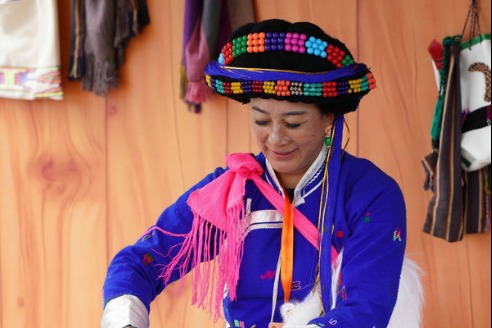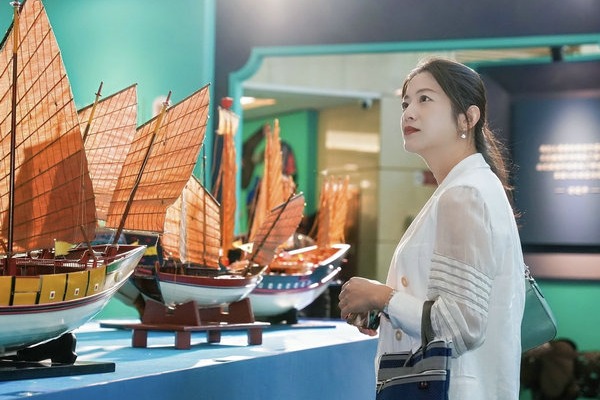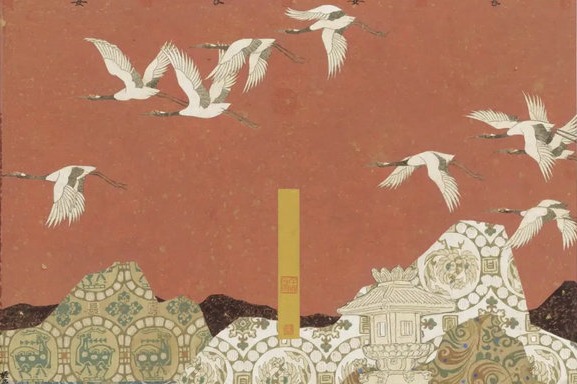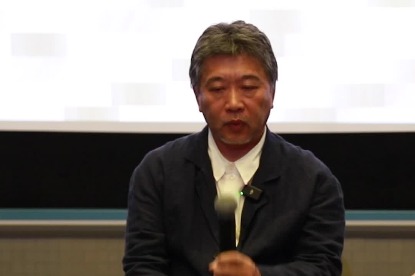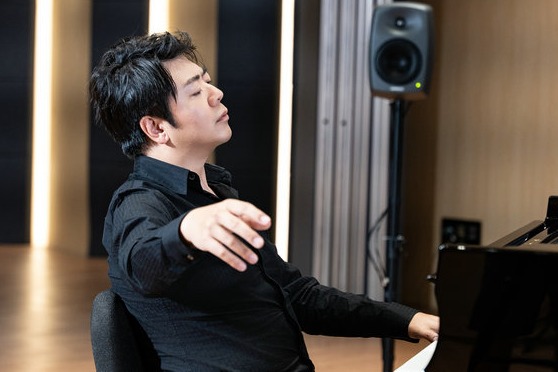Craftsman keeps alive art of romancing the stone


The series contains 300,000 words all based on thorough research and practical experiences and is scheduled to be published at the end of this year.
"The national award means the country has also put a premium on our white marble art," he says.
Liu interned in Dashiwo when he was pursuing his master's in mural studies at the Central Academy of Fine Arts in the late 1990s. "The moment I got off the bus, I saw stalls selling white marble sculptures. There were stone lions by the roadside, in the fields, and on the hills," he recalls.
As he was stunned by the prevalent white marble art and its history, he couldn't help but wonder if those beautiful pieces can be sorted out for better display.
This initial thinking happened to align with the ideas of the town's leadership who wanted to make a go of the local culture. Therefore, after Liu graduated in 2000, the local authorities invited him to join the cause. He readily took up the offer and started to help build the Beijing Shiwo Sculpture Art School that aimed to cultivate talent in white marble carving, as well as a stone-carving art park and a white marble cultural palace.
For Liu, the initial choice occurred by default as an opportunity presented itself. Yet, he found himself increasingly pulled into the charm of white marble as he got to interact with local artisans. "Some of them can turn a stone of rough shape weighing several metric tons into a stone lion several meters high in a dozen days. It was just magical," he says, adding that he then spent his spare time visiting them, listening to their account of the local white marble history and learning their skills.
"Many of them used to be apprentices of veteran craftsmen in the trade, and some taught me techniques that were on the edge of disappearance," he says.



















